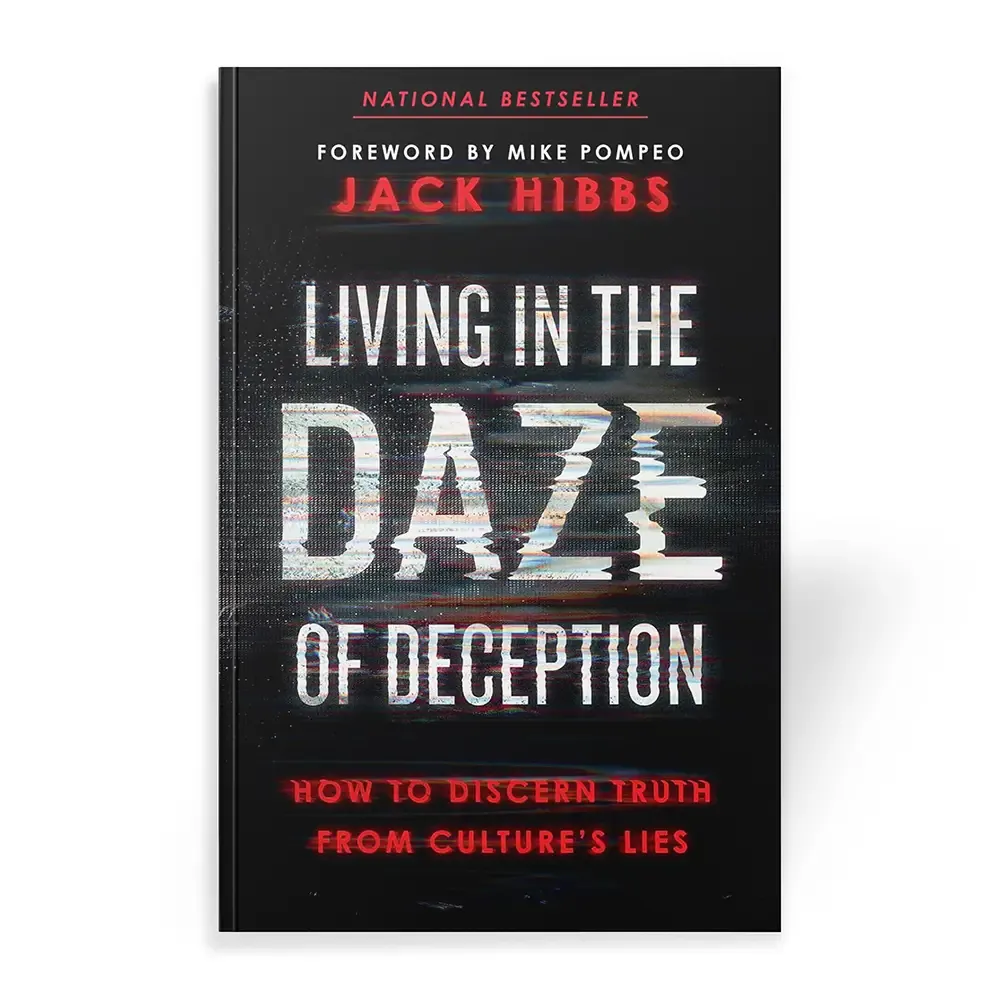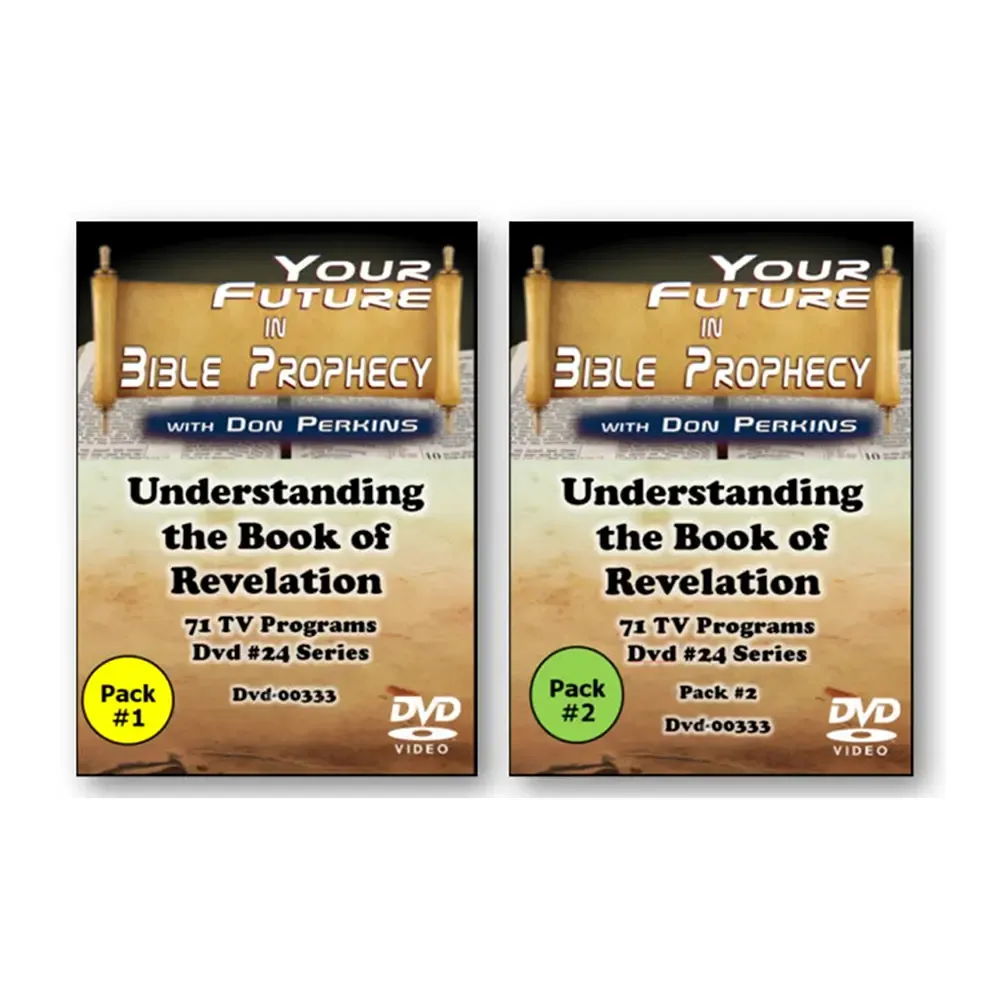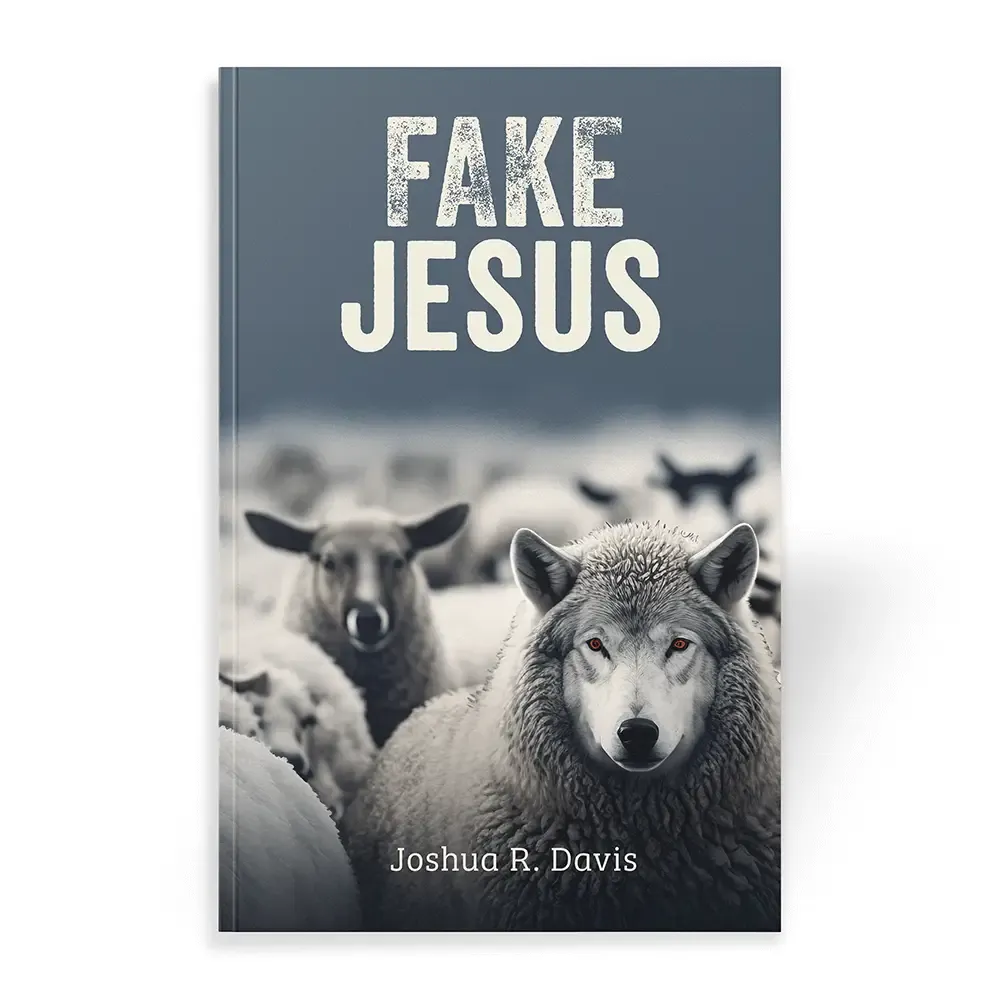What Should Christians Do in an Election Year?

In America, you have met the king–every morning when you look in the mirror.
That is the way the Founding Fathers designed the constitutional republic in which we live.
Renowned historian and author William J. “Bill” Federer has a clear roadmap for those who wish to preserve liberty, which he laid out during an appearance on Watchman on the Wall, the venerable radio program of 91-year-old Southwest Radio Ministries.
Contrary to the belief of some, the Christian’s responsibility does not begin or end with a short time spent in a comfortable sanctuary each Lord’s day.
As the Savior taught many times, action is an essential element for those who would follow Him on a genuine Christian walk. Today, at least some of that activity must include standing up for and defending the freedom with which Americans worship Him freely, and without fear–regardless of criticism on the street or in social media, or of germs and edicts for supposed remedies thereof, or by the curtailment of freedom by those in power which, irrespective of intent, results in defining them as would-be tyrants.
Federer has prepared himself for this moment. He is the author of more than 30 books, many of which are available in the Resource Center at swrc.com, including The Ten Commandments & Their Influence on American Law, Prayers and Presidents, and Socialism: The Real History from Plato to the Present. His America’s God and Country sold more than a half-million copies.
Serving as host for Watchman on the Wall, Clayton Van Huss and his guest are both troubled by the lethargy and evident indifference displayed by many Christians in America when it comes to their obligation as citizens, especially in voting, and getting more involved in their communities.
It can be persuasively argued that specific responsibility is perhaps the top priority in preserving the freedom Christians, and all Americans, have enjoyed for a quarter of a millennium. Liberty, and the republic itself, are not self-sustaining.
Van Huss lays out the situation for listeners. “Being an election year, 2024, we’ve got choices ahead of us. We’ve got things we’ve got to figure out, and we know that when it comes to an election, and when it comes to democracy, we have responsibility that goes along with our freedom.
“What advice would you give to Christians with the political climate as it is in the States? How should we behave?” he asks Federer. “I know some people say we shouldn’t vote, we should just stay out of things… I oftentimes hear people say, ‘Don’t vote your religion,’ but everyone else is voting their religion. How does a Christian behave during an election year?”
Then, with a chuckle, Van Huss adroitly declares: “I’m just gonna let you go with it.”
And with that, the scholar indeed goes forward, laying out a duplet exegesis of history and his deeply held Scriptural beliefs with the intellectual prowess and erudition that has made him famous.
Federer is adamant that Christians must step forward and fulfill their duty, on many levels. He weaves an explanation encompassing history and the conduct of mankind–both rational and irrational. In the end, it is a lesson so clear that a wayfaring man, though a fool, may not err therein.
“One of the things I like to do is zoom out, and I’ve spent several years researching every single century in recorded human history to find out what the most common form of government is, and it’s kings–basically gangs,” Federer begins.
“And, so, if we got rid of all the laws tomorrow, what would happen? Everything would be fine for a couple of days, and then people would realize they could walk out of the stores with stuff, and then word gets out, and the stores would be empty. And then they’d start circling house to house. And then we’d have to organize our neighborhood, and we’re going to find somebody that knows how to fight, and say, ‘You be our captain.’
“And then the most ruthless person breaking into houses, the bad people would say, ‘Well you be our bad gang leader.’ And then you’ve got the gangs, and kings. A gang leader with enough power is called the king.
“That’s the norm. And as the centuries go on, the kingdoms get bigger because with military advancements kings can kill more people. Instead of Cain killing Abel with a rock, they can kill with a bronze weapon, or an iron weapon, or a big, long phalanx spear the Greeks had, or a scimitar sword that the Muslims had, or gunpowder that the Chinese invented.
“The weapon improves,” Federer says, “but it’s that same fallen nature, and then with technological advancements, kings can track more people. And they keep getting bigger… until, finally, the king of England was the biggest, and he was a globalist. He was a one-world government guy. The sun never set on the British Empire.
“And America’s founders decided they didn’t like a globalist king telling us what to do, so they broke away and flipped it, and made the people the king.
“What makes America great is you get to be the king of your life and all of us together are the king of the country. The word ‘citizen’ is Greek. It means co-sovereign, co-ruler, co-king.
“So (when) we pledge allegiance to the flag, and to the republic, we’re basically pledging allegiance to us being in charge of ourselves. Out of world history, the most common form of government is the king, America’s founders flipped it and made us, the people, the king. So it’s a polarity change in the flow of power. Instead of a top-down rule through fear, following government mandates, it’s government from the consent of the governed. It’s a bottom-up form of government.
“It worked… The founders got the idea from the New England pastors–Connecticut, Massachusetts. Where did those pastors get the idea? The Bible. What part of the Bible? That first 400 years out of Egypt before King Solomon.
“When you go through world history, and there’s pharaohs and caesars and kaisers, there’s one nation that stands out: ancient Israel. Around 1400 B.C., they came out of Egypt and, for 400 years, no king. It worked, because every single citizen was taught the law, and they were personally accountable to God to follow the law.
“This way, you could maintain order in society with no police, with no king, and it worked for 400 years–until the priests stopped teaching the law. You think they did? Yeah. Here’s Levi, the high priest—his own sons are sleeping with women in the very tent where the Ark of the Covenant is. Then there’s a Levite with a silver graven image in the house of a guy named Micah, and the Tribe of Dan comes along and steals the graven image, and then tells this Levite, ‘Come along with us, and you can be a priest to our whole tribe.’
“And you’re scratching your head while you’re reading the story,” Federer says, emulating the confusion Bible students likely feel witnessing such illogical, even absurd, behavior.
“It’s like: ‘What’s this Levite doing with a graven image? Isn’t that one of the commandments that you’re not supposed to have them? He’s not following the law.’”
Federer continues, describing another Levite with a concubine, though according to the law he is supposed to marry a virgin of his own tribe. But he’s not following the law, and his house is surrounded by sodomites.
“There’s something about that behavior that appears in the last stages of a people ruling themselves, casting off the self-restraint. By then you’re grossed out by the story, and the poor girl gets killed. And then you read this line: ‘Every man did that which was right in their own eyes.’
“Why? Because the priests stopped teaching them what was right in the Lord’s eyes. It turned into chaos. They all go to Samuel. They say, ‘We want to be like the other countries. We want a king.’ Samuel cries, and the Lord tells him, ‘They did not reject you. They rejected me.’
“God’s original plan for ancient Israel was to not have a king, but to have everybody be taught the law and be personally accountable to God to follow the law. This is called the Hebrew Republic, and it inspired the Calvinists and the pastors after the Reformation, and it inspired the New England pastors, and it inspired our constitutional form of government where it’s ‘We, the people.’ We get to rule ourselves without a king,” Federer said.
“America’s founders looked to the Bible, but they looked at pre-King Saul. The kings of England looked to the Bible for their authority, but they looked to King Saul, and on, the anointed king—‘God chose me to be king, the divine right of kings. I was put here extra special.’
“King Saul is, in a sense, the divider between England and America during the revolution. Both are looking to the Bible but the kings of Europe, they’re saying, ‘No, it’s the anointed king and you’re rebelling.’ But we’re saying, ‘No, it’s the people. We’re all taught the law. We’re accountable to God for following.’
“Why is this important?” Federer asks. “Because America was set up where we, the people, are the king. In an election year, it’s basically the king telling the servants what to do. You get to pick your public servants. You get to tell them what to do.
“When you have somebody that’s not voting and not getting involved, that’s like the king being a negligent king. Imagine going through the streets of Jerusalem and you’re witnessing crime—murder, rape—and you get into the king’s chamber, and he has his head in his hands and he’s looking all nervous, and he looks up at you, and he says, ‘Did you see all that crime coming in here? I wish somebody would fix it.’ You reach over and tap him on the shoulder and say, ‘Excuse me. You’re the king. You’re the one accountable to God to fix this mess.’
“That’s like somebody in America watching TV or listening to the radio, and thinking, ‘Man, there’s a lot of terrible stuff going on in the world. I wish somebody would fix it.’
“Hello!” Federer says in a mock wake-up call. “Have a finger reach through the speaker or the screen and tap you on the shoulder–you’re the king, you’re the one that’s supposed to fix this mess…
“Since when does the king sit on his throne and say, ‘Can somebody tell me what I’m supposed to do?’ No. It’s your job to be educated on the issues, seek God’s will, and you tell your representatives what needs to happen. You’re the king.”
(Author and speaker Bill Federer is president of the publishing company Amerisearch Inc. His American Minute radio feature is broadcast daily across the country, as is his Faith in History TV program. For more information, visit his websites: americanminute.com and truthandliberty.net.)


